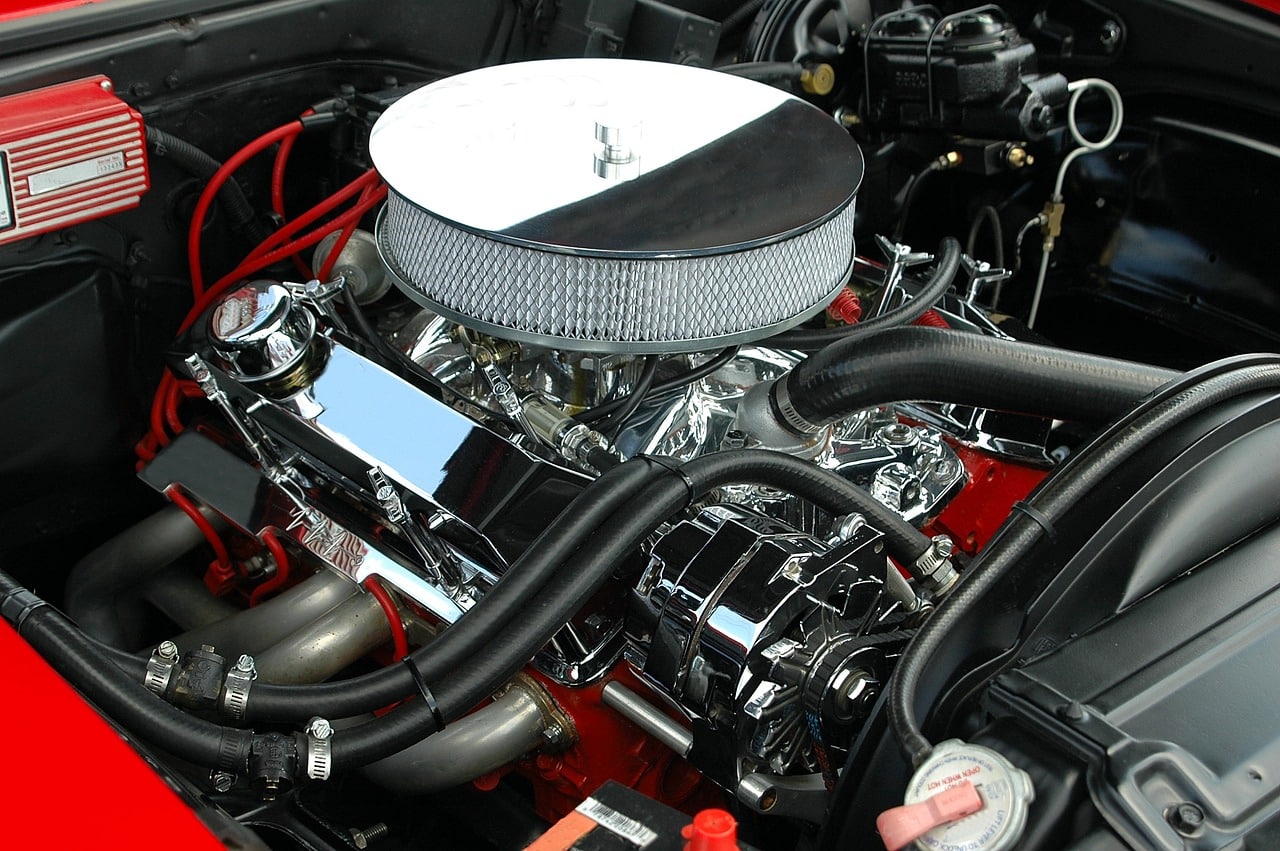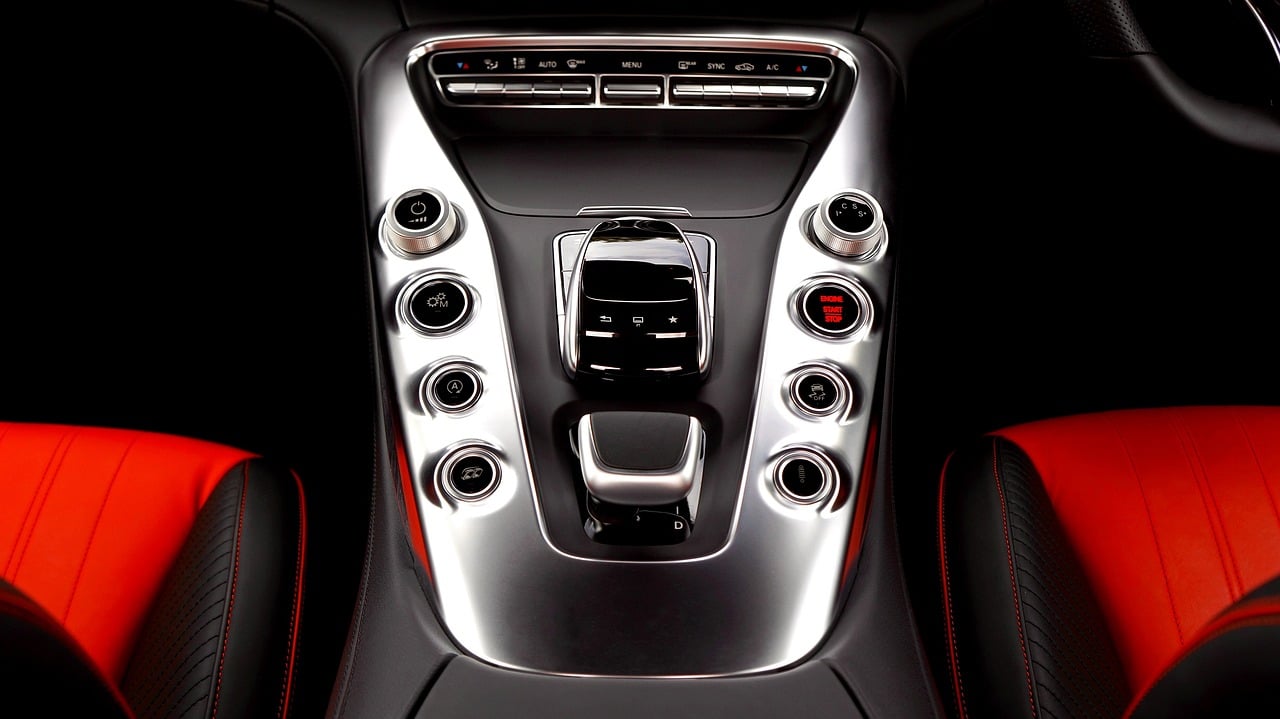3 minute read
Car envy is a thing and a common cause of rushed decisions among most car owners. For instance, getting a new set of wheels can be tempting when your pals get a new whip while you are stuck with your old ride. It may be practical to keep your old clunker, especially when you are done with monthly payments, but is it worth it? After all, your car’s resale value may drop the longer you keep driving it. Here are four signs to help you weigh your options and decide whether to keep your old car or get a new one.
1. The engine light is always on
You should consider getting a new car if your car’s warning light turns on frequently. This is something you cannot take lightly. The vehicle could be missing some safety features if the light frequently turns on, even after repairs and regular maintenance. Your car may fail to notify you of potentially serious problems that require immediate attention if the engine light is always on. This problem may be a vague reason to purchase a new car, but it could assist you in jumpstarting the buying process.
2. Frequent breakdowns
It is perfectly normal for cars to break down from time to time. Even with the best routine servicing, every vehicle will develop a problem that requires several repairs. However, your car is unreliable if it breaks down too frequently and you have to visit the auto service shop severally. For instance, undercarriage damage could signify many problems, including leaks, steering problems, and delayed turning. Some of these problems, even minor, can be expensive and worsen over time. Is your car veering off the road or slow to make turns? Or are you facing a combination of repairs that could cost more than your vehicle’s worth? If you answered positively to these questions, it might be time to let go of your old auto and get a new one.
3. Failing emission tests
Car emission standards have risen in the last few years, and you don’t want your auto polluting the air and causing harm to the environment. Older cars usually emit more contaminants than their modern versions. It may be time to buy a new car if your current one fails emission tests. Even if you want to keep your old clunker, purchasing expensive components to reduce its emission could cost you a lot. If you can, get yourself a new car to avoid the expense of replacements and services to reduce your carbon footprint. Everybody will be glad.
4. Lifestyle change
Your automobile should make your life easier and more comfortable, and a change in your driving habits may indicate that you need to replace your vehicle. A new baby, a change in commute, or even a new weekly activity might mean that your present vehicle no longer meets your needs. A sleek two-seat sports vehicle might have been great before your baby was born. However, the seats and safety features are good reasons to change your mind. Consider trading your old car for a new one if you’re having trouble making your car function for daily driving.






